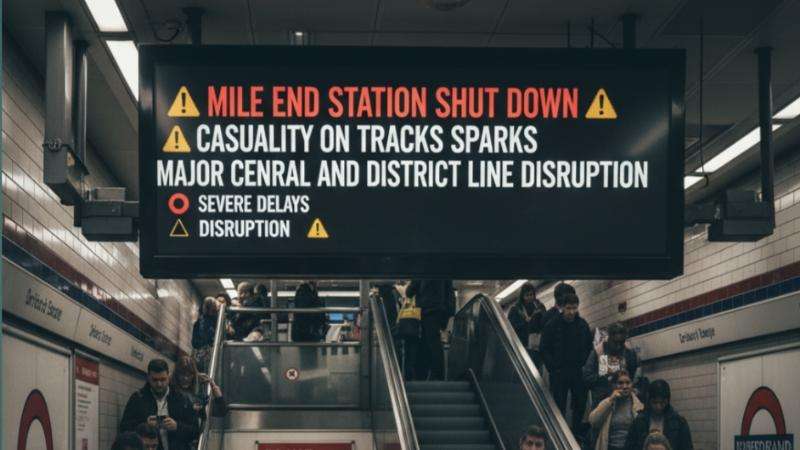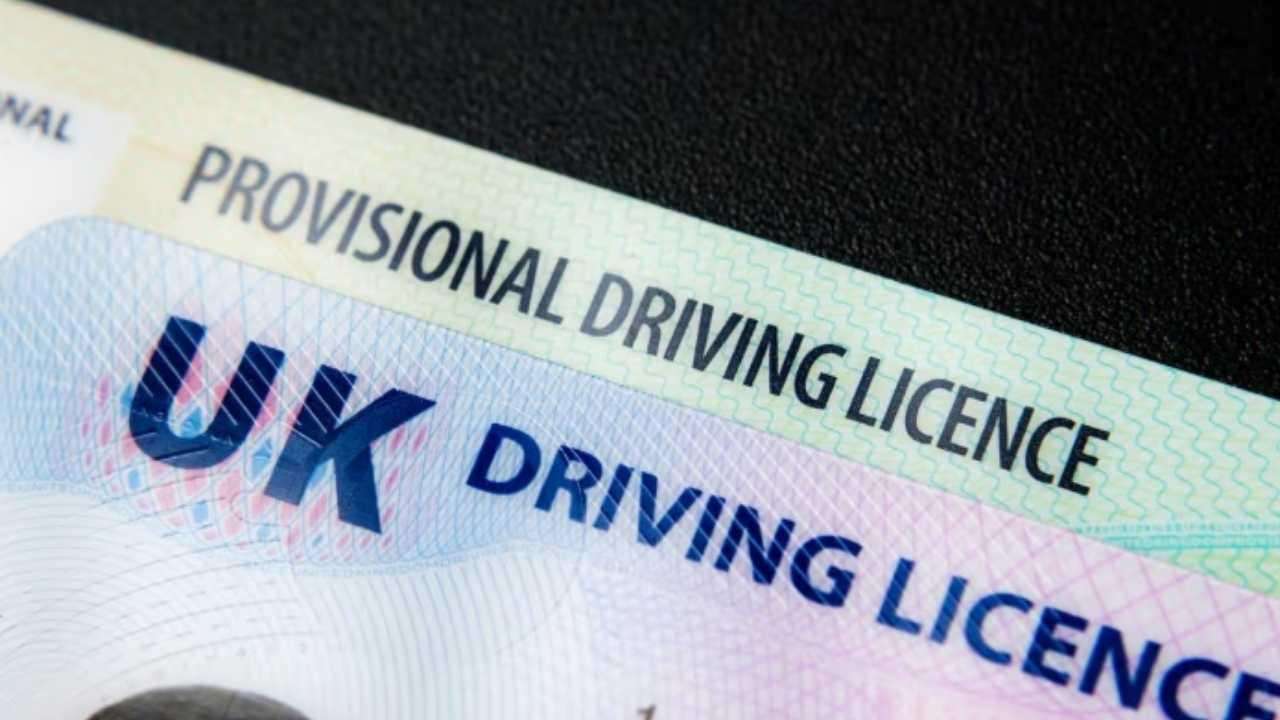In a move hailed as a potential “game changer” for cancer care, the NHS is launching a major new trial that will use Artificial Intelligence (AI) to provide men with a suspected prostate cancer diagnosis within a single day. This cutting-edge technology, set to be trialled at up to 15 hospitals across England, aims to drastically reduce the anxious waiting times that currently afflict thousands of patients and their families, Daily Dazzling and realised.
AI Speeds Up Diagnosis for High-Risk Groups-The trial introduces an AI tool, named Pi and developed by Lucida Medical, which is designed to interpret MRI scans for men suspected of having the disease. The software can spot potential lesions within minutes. Should the AI flag a scan as having a high risk of cancer, it will be immediately escalated to a radiologist for priority review. Crucially, the patient will then be booked in for a biopsy on the very same day.
Under current best practice guidelines, patients should receive an MRI and biopsy within a week of an urgent GP referral, but capacity issues, particularly among radiologists, can lead to much longer delays. This new process will enable specialists to review results, potentially giving patients the all-clear or a definitive diagnosis within a few days, saving men months of uncertainty.
Health Secretary Wes Streeting said the new approach is "revolutionising our NHS" by harnessing technology to deliver better outcomes for patients and fast support for doctors. Professor Peter Johnson, national clinical director for cancer at NHS England, echoed this, stating, “As with all cancers, speed is crucial – the quicker the diagnosis, the sooner treatment can begin and help give the best chance of treatment being successful for patients and their families.”
Stark Ethnic Disparities in Prostate Cancer Risk-The urgency of faster diagnosis is underscored by the stark inequalities in prostate cancer risk across different ethnic groups in the UK. Prostate cancer is the most common cancer in males, with approximately one in eight men in the general population developing it in their lifetime. However, data confirms that Black men face the highest lifetime risk, with around 1 in 4 Black men likely to be diagnosed with the disease, compared to approximately 1 in 8 White men and about 1 in 13 Asian men. Black men are therefore two to three times more likely to develop prostate cancer than their White counterparts.
In concrete terms, nearly 1,600 Black men are diagnosed with prostate cancer each year in England alone.
Within the broader Asian ethnic group, evidence suggests a lower overall incidence compared to White men. Specifically concerning the British Bangladeshi community, data indicates they have a significantly lower incidence rate of prostate cancer compared to both Black and White men. For example, some historical data shows incidence rate ratios substantially lower for Bangladeshi men compared to White men, and within Asian groups, mortality rates for Indian men have been reported to be more than twice those of Bangladeshi men, highlighting that the highest risk is not with the Bangladeshi community, but with Black men.
These specific disparities mean that innovations like the AI-powered diagnostic tool are particularly vital for the Black community, where early diagnosis is critical due to the elevated risk.
Rising Cases in England Drive Innovation-The new AI trial, which uses the Pi tool, comes as recent figures highlight a significant increase in diagnoses. According to the National Prostate Cancer Audit (NPCA), some 58,218 men were diagnosed with prostate cancer in England in 2024, marking a notable rise from 53,462 the year before. In Wales, 2,402 men were diagnosed in 2023, a slight decrease from 2,551 in 2022.
Amy Rylance, assistant director of health improvement at Prostate Cancer UK, welcomed the development, stating the AI tool could represent a further "step change, saving men prolonged anxiety and the bother of hospital trips, while also increasing capacity for our hard-working NHS workforce." The trial precedes the Government’s anticipated National Cancer Plan, expected later this year, which is set to outline broader strategies for cancer care improvement.
The successful implementation of this AI diagnostic tool promises a future where a prostate cancer diagnosis no longer requires months of distressing waiting, potentially improving outcomes and helping to address the established inequalities for high-risk ethnic groups.








.svg)



_2.jpg)
